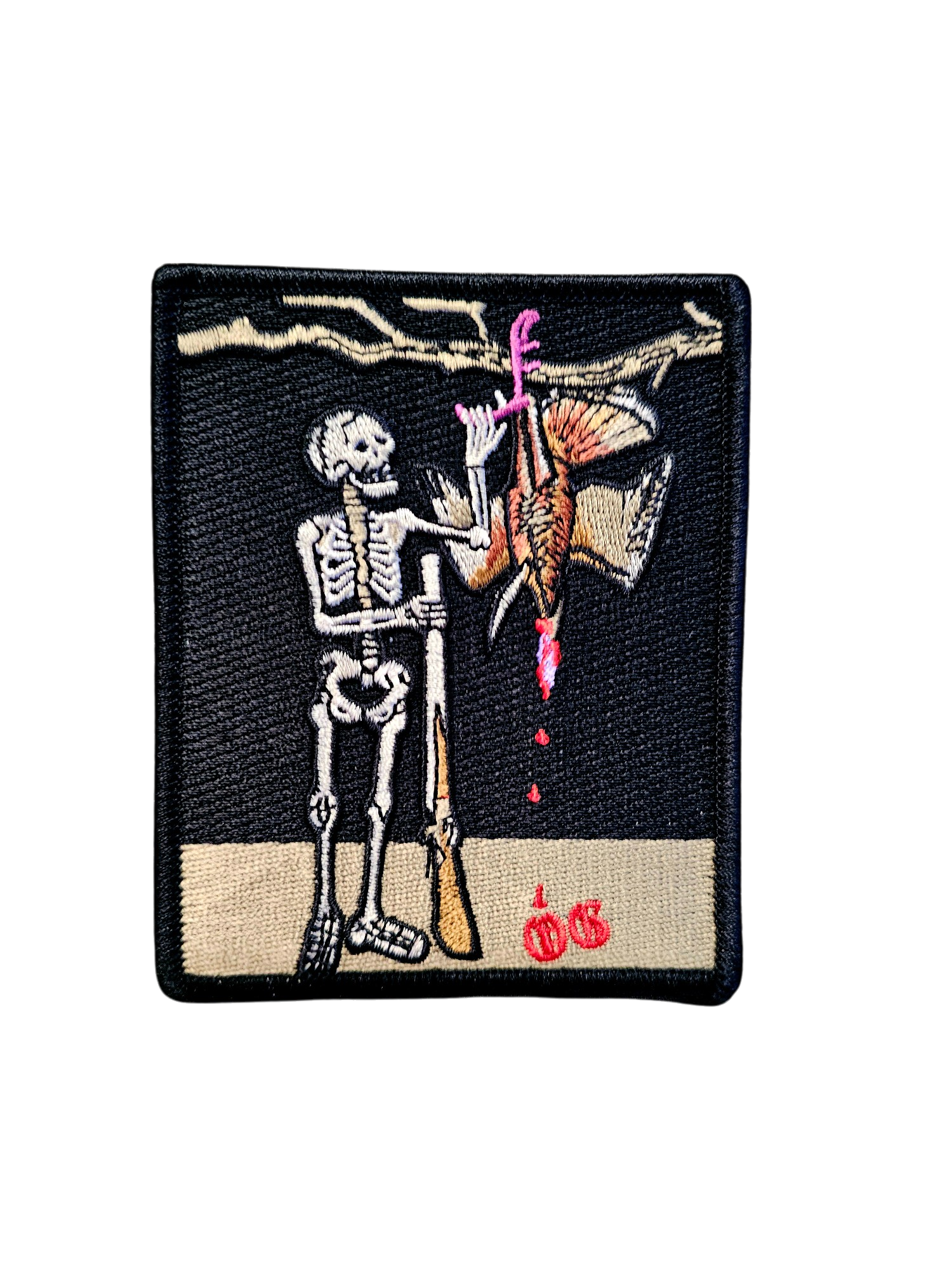        |
Turning StrikersStarted by WillowRidgeCalls, August 20, 2013, 05:11:25 PM Previous topic - Next topic
User actions
|
        |
Turning StrikersStarted by WillowRidgeCalls, August 20, 2013, 05:11:25 PM Previous topic - Next topic
User actions
|